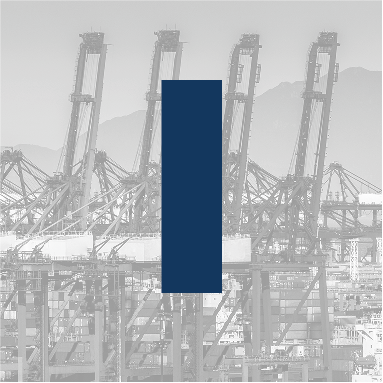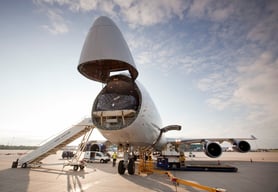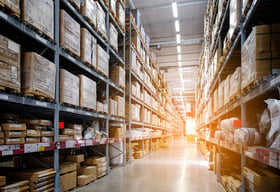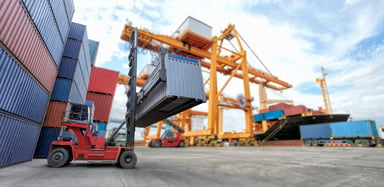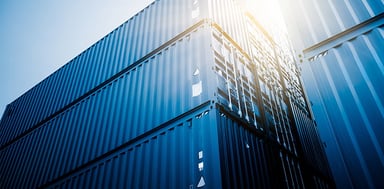
Inland Haulage Charges (IHC)

Home > Freight Glossary > Inland Haulage Charges (IHC)
What Are Haulage Charges (IHC)?
Haulage charges, also known as Inland Haulage Charges (IHC), refer to the cost associated with transporting goods overland from one location to another. These charges apply to the movement of containers or cargo between inland points (such as factories or warehouses) and seaports, rail terminals, or airports. Haulage can be divided into pre-carriage (from the point of origin to the port of departure) and on-carriage (from the port of arrival to the final destination).
In international shipping, haulage charges play a crucial role in the overall cost of moving goods, especially when multiple modes of transportation are involved. Inland haulage ensures that goods reach their departure or arrival port safely and on time, where they are then loaded or unloaded and processed for further transport.
Terminal Handling Charges and Their Relation to Haulage Charges
Terminal handling charges (THC) are separate fees related to the movement of cargo at ports or terminals, including loading and unloading, storage, and processing. These charges apply specifically to the work done at the terminal itself, whereas haulage charges cover the land transportation between the terminal and the inland location. Both charges are essential components of international shipping costs but apply to different stages of the journey.
While terminal handling charges relate to the activities at the port, haulage charges cover the overland transportation needed to move the cargo to or from the terminal. Together, these charges form part of the overall cost structure for international shipments.
Who Collects Inland Haulage Charges?
Inland haulage charges are typically collected by the freight forwarder or the shipping line managing the transportation of goods. These entities coordinate the overland transport of cargo between inland points and the seaport, rail terminal, or airport, depending on the logistics involved in the shipping process.
If a freight forwarder is managing the entire logistics chain, they will include inland haulage charges as part of the overall shipping quote. In cases where the shipper or consignee arranges inland haulage independently, the haulage provider, such as a trucking or rail company, will bill the shipper or consignee directly for these charges.
Why Are Haulage Charges Important?
Haulage charges are critical to ensuring that goods move efficiently across different stages of the transportation process. Without inland haulage, goods would remain stuck at a terminal, unable to reach their intended destination. These charges ensure that containers or cargo are transported securely between inland locations and the terminal, where they can continue their journey via sea, air, or rail.
Factors That Affect Haulage Charges
Several factors influence haulage charges:
- Distance: The farther the inland location is from the terminal, the higher the haulage charge will be.
- Mode of Transport: Whether cargo is moved by truck, rail, or barge can impact the cost of haulage. Rail haulage is often more economical for longer distances, while truck haulage may be more suitable for short distances.
- Cargo Size and Weight: Heavier or larger cargo requires more specialized equipment, which can increase the cost of inland haulage.
- Location and Accessibility: Difficult-to-reach locations may incur higher charges due to the extra resources required to access the area.
How to Minimize Haulage and Terminal Handling Charges
- Optimize Routing: Plan the most efficient routes to reduce distances and, consequently, haulage costs.
- Consolidate Shipments: Combining shipments when possible can help reduce haulage and terminal handling charges by sharing resources.
- Select the Right Mode of Transport: Choosing the most suitable transportation method (truck, rail, or barge) for the distance and nature of the cargo can lead to significant cost savings.
Contact
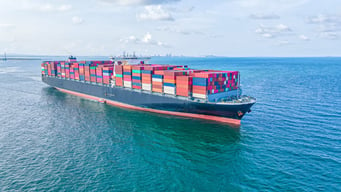
Ocean Freight

Road Freight

